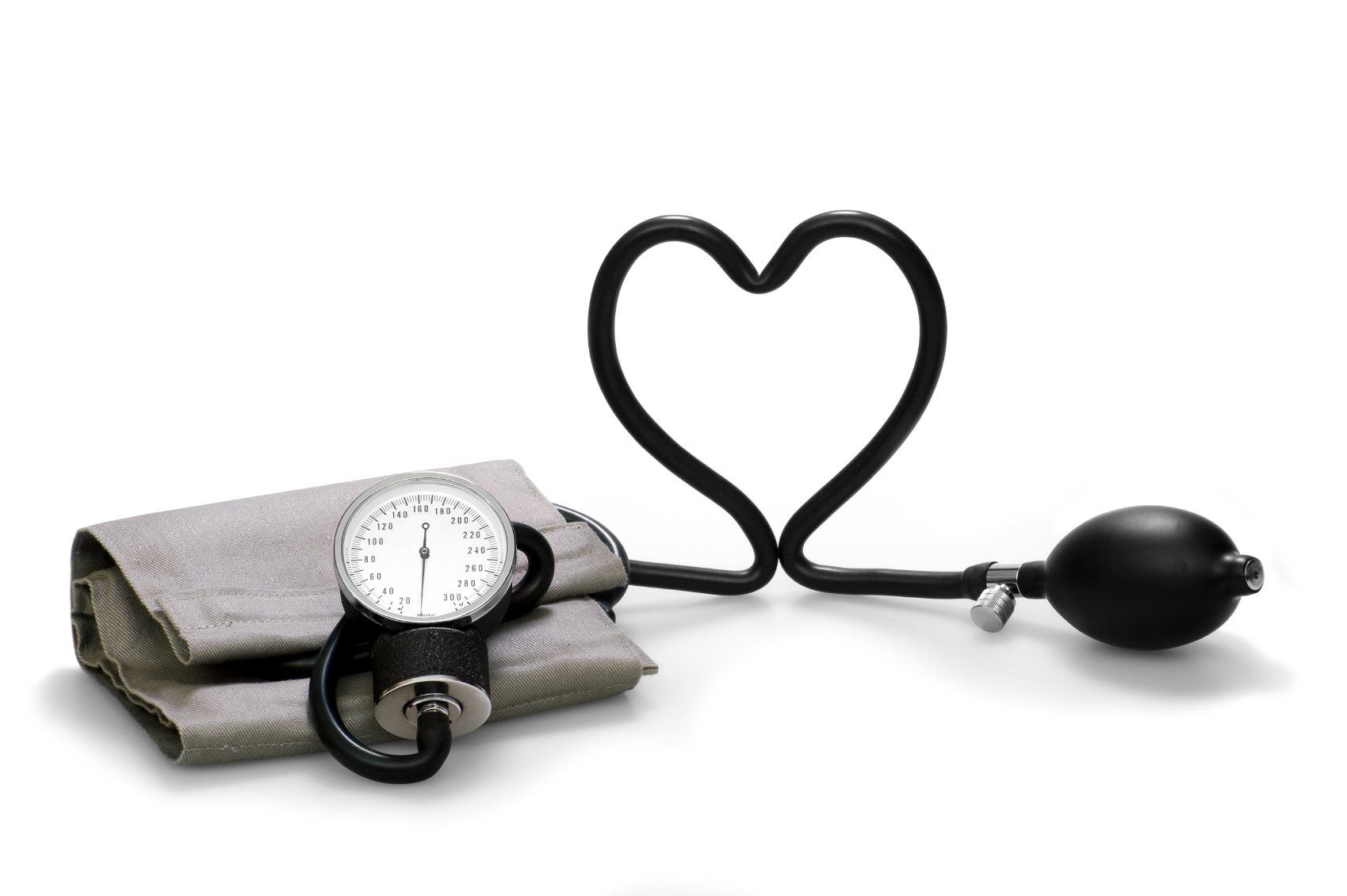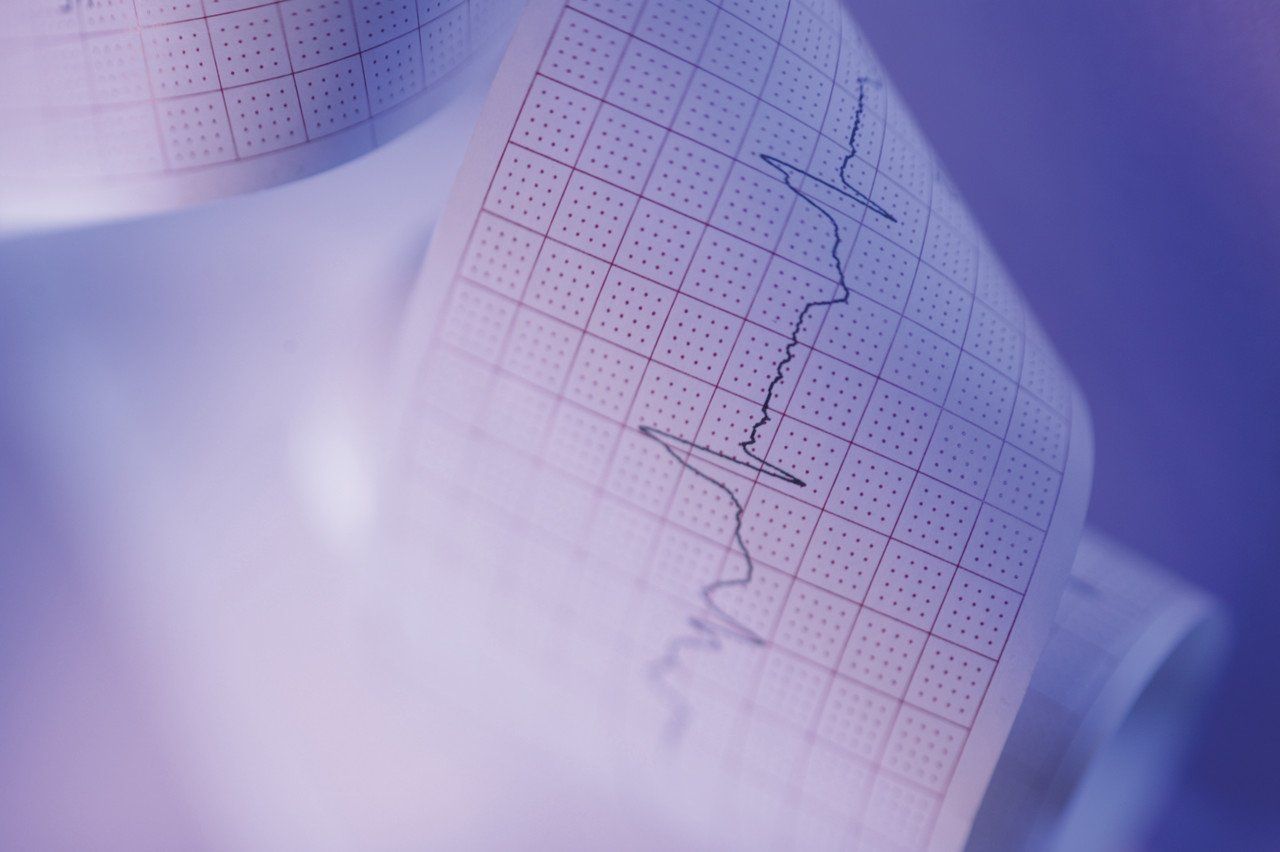personal-healthcheck
Test your resting ECG in a relaxed manner
A Health check is a test that we use to describe a central part of sports medicine: go for a stroll, walking, run, sprinting, ride a bike or e.g to swim. Everyone can and should go to theirs at least twice in a week personal heart rate zones. But what are these?
What support can I offer you?
As a long-distance competitive swimmer, I have been through performance tests in sports medicine for years and have also endured some. Today, as a doctor, I still stand behind these tests in the same way and offer you a relaxed way to check your physical situation and build up your training with you.
Let's write your resting ECG and at the same time find out your heart rate variability and fitness level. Then I'll measure yours resting blood pressure and in your evaluation we will discuss whether you are cardiologically resilient and - if so - how you get closer to your goal successfully.
I look forward to talking to you about this!
What value does your health check offer you?
The health check is my most personal offer, with which we look deeply into you together and find out whether you are cardiologically resilient. If so, I will give you your personal pulse values so that you can quickly get closer to your training goal.
Stress is the basis to which every person reacts differently and processes it differently in his organism. First, our heart rate variability shifts and tells us something about our cardiological stress levels. If this goes unnoticed, the next step is a change to our resting ECG. There we often see deviations from our normal heartbeat long before we notice symptoms. And even if this goes unnoticed - how often do you write your resting ECG? - then we become emergency patients with, for example, a heart attack in the practice or clinic. To prevent this, let us check your heart and I will give you your personal pulse values for your training!















